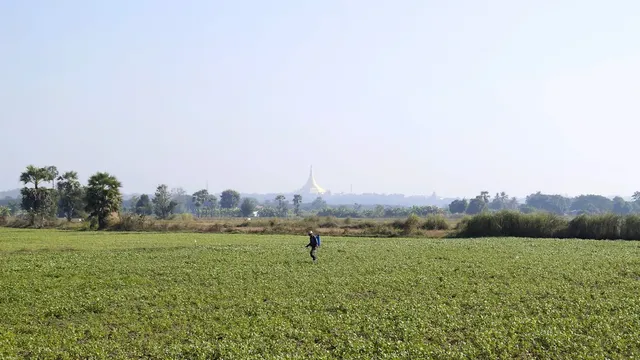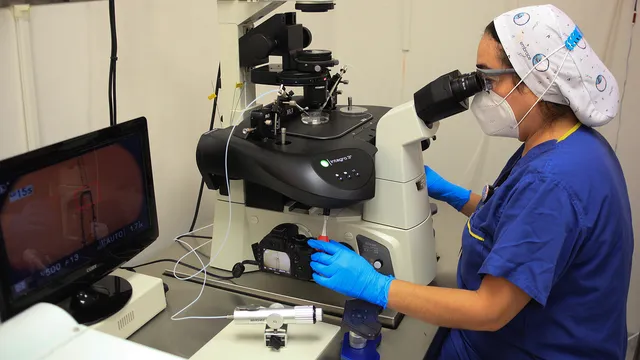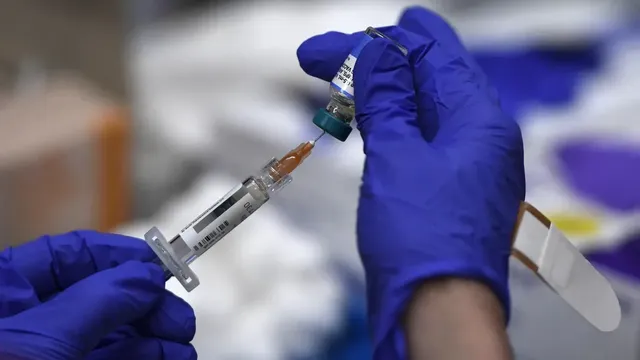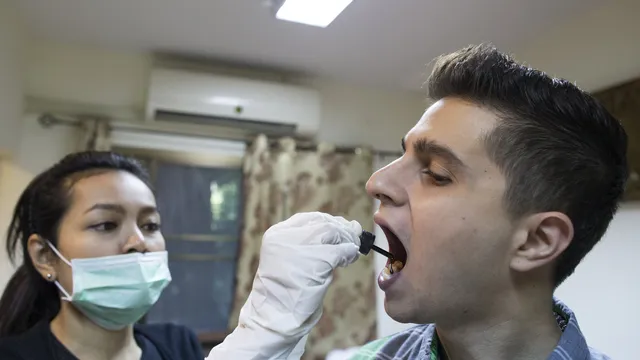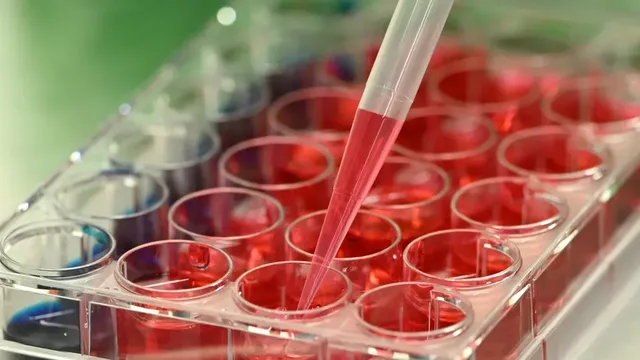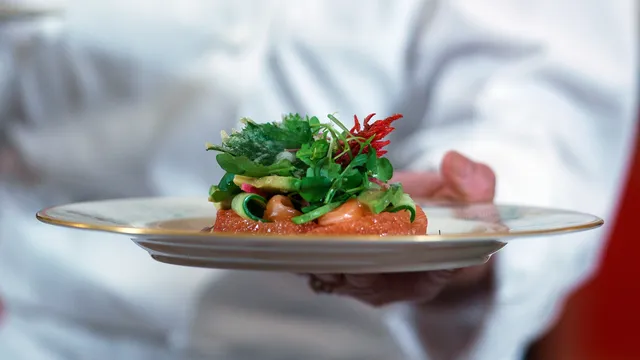The European Union plans to introduce further restrictions on imports of food products treated with toxic pesticides banned in the bloc. This will address some of the complaints of farmers who resent the stricter standards they face in an increasingly competitive global market.
The European Commission "will establish a principle whereby the most dangerous pesticides banned in the EU for health and environmental reasons will not be allowed back into the EU through imported products," the draft says.
Over the past year, EU farmers have protested across Europe against the bloc's increasingly burdensome climate and environmental rules. Particularly in Western Europe, they oppose the trade agreement reached with the Mercosur bloc, which includes Argentina, Brazil, Uruguay and Paraguay, because of lower requirements in those countries.
However, the EU's plan could spark a backlash from President Donald Trump, who has repeatedly accused the EU of unfair treatment of the US. While calling last week for reciprocal tariffs for U.S. trading partners, the Trump administration has explicitly said it plans to take into account trade barriers that could include the bloc's regulations.
The EU classifies a minority of pesticides as hazardous, banning them because of their harm to health and the environment.
The Commission plans to avoid blanket bans and proceed on a case-by-case basis when deciding on the use of toxic pesticides, taking into account market realities and country of origin. To this end, it will launch an impact assessment this year to consider the impact of any decision on the EU's competitive position and international implications, including compliance with World Trade Organisation rules.
The WTO allows autonomous measures if they are justified by a legitimate policy objective, such as health or environmental reasons. But the implications of EU regulations abroad, in particular its environmental rules, are a bone of contention with third countries.
"The Financial Times has reported that the EU is trying to block imports of some food products, including US crops such as soya.
The bloc wants to diversify its protein sources, which are currently heavily concentrated in importers such as Argentina and Brazil, as dependencies make the food system vulnerable to global market fluctuations and sustainability risks.
In this regard, the EU will develop a plan to address these challenges in order to offer "a more self-sufficient and sustainable EU protein system while diversifying imports," the document says. The draft is still subject to changes before it is officially published. | BGNES

 Breaking news
Breaking news
 Europe
Europe
 Bulgaria
Bulgaria
